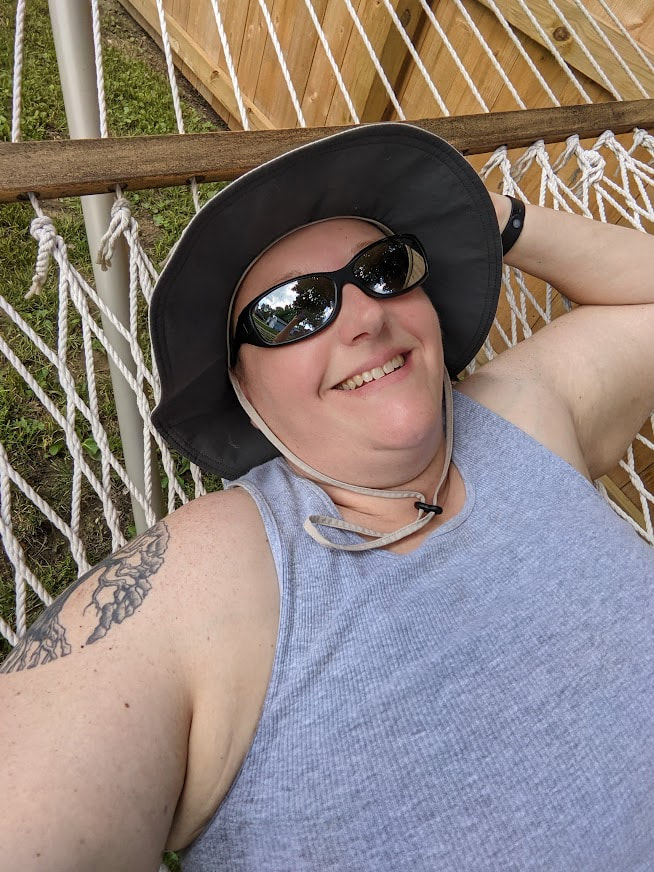|
Probably one of my most favorite things about being a pastor is getting to be a collector of stories. The pastoral office affords me entrance into the stories of others in times of grief, loss, pain, jubilant celebration, joy, and everywhere in between. I get to listen. I get to absorb. I get to reflect. I get to hold tightly. I get to hold loosely. I get to collect these stories in my mind, in my heart, in the very center of my being.
As a collector of stories, I am often acutely aware of the stories being told around me. I'm not just talking about the stories we swap during Fellowship Time or during a Bible Study. I'm talking about the stories being told around all of us. The stories in which our personal stories exist. We, dear people, are being told a story. By politicians, by media outlets, by social media feeds, by churches, by pastors, by friends and family and enemies alike. Our job is not to take these stories at face value as gospel truth. Nor is our job to outrightly reject them. Our job is to take in the information from the stories being told around us and to question them. To ponder them. To seek to understand them. Author and poet Wendell Berry once wrote, “The significance—and ultimately the quality—of the work we do is determined by our understanding of the story in which we are taking part.” Understanding is the goal, not mere acceptance. Understanding is not the end, it is the beginning. "We," Carrie Newcomer asserts, "decide the story we tell ourselves. We choose the story in which we take part." And as followers of the Way, we are called to choose to take part in stories of justice, inclusion, and love. We can understand that the stories politicians are telling us about "Concern for children," being at the heart of damaging anti-LGBTQ and anti-educator legislation are part of a larger agenda of control, indoctrination, and forcing one, narrow view of religion and the world on everyone. We can also understand that the "concern for children" of these same politicians somehow ends when it comes to feeding children with enough healthy food when these children are in households receiving state SNAP benefits. We can understand these stories despite the surfacey rhetoric and "Iowa Nice" explanations for why it's okay for young people to seemingly have easier access to guns than they do books, and why teachers should no longer be considered the experts in the room when it comes to structuring curriculums. We can understand these stories around us, but we DO NOT have to adopt them as our own. We can, and must, choose a more excellent way. When the stories being told around us marginalize and demonize entire groups of people, our work, our voices, our actions must tell a different story. We must tell a story of the inherent worth of ALL people by whom we choose to include. We must tell a story of justice by our marches and our advocacy work fighting for a just world for all of us. We must tell a story of wild, expansive, inclusive love by the ways we love and whom we love. In thought, word, and deed, we are called to choose to take part in a more liberative, inclusive, love-filled story rather than simply accepting the stories we have been handed. So, people of faith, let's tell a new story this week. Let's tell a story of love. Pr. Melissa Comments are closed.
|
Rev. Melissa Sternhagen
Rev. Melissa Sternhagen was called as the pastor of St. Paul Congregational UCC in June of 2020. Prior to her call to St. Paul, Pr. Melissa worked as a hospice chaplain in the Ames, IA area, following pastorates at rural churches in Central Iowa and Southern Illinois. Pr. Melissa is a second-career pastor with a background in agribusiness and production & supply operations. She received her M.Div. from Eden Theological Seminary in St. Louis, MO, and holds a MA Ed. in Adult Education and Training, and a BA in Organizational Communications. Archives
July 2024
Categories |

 RSS Feed
RSS Feed
